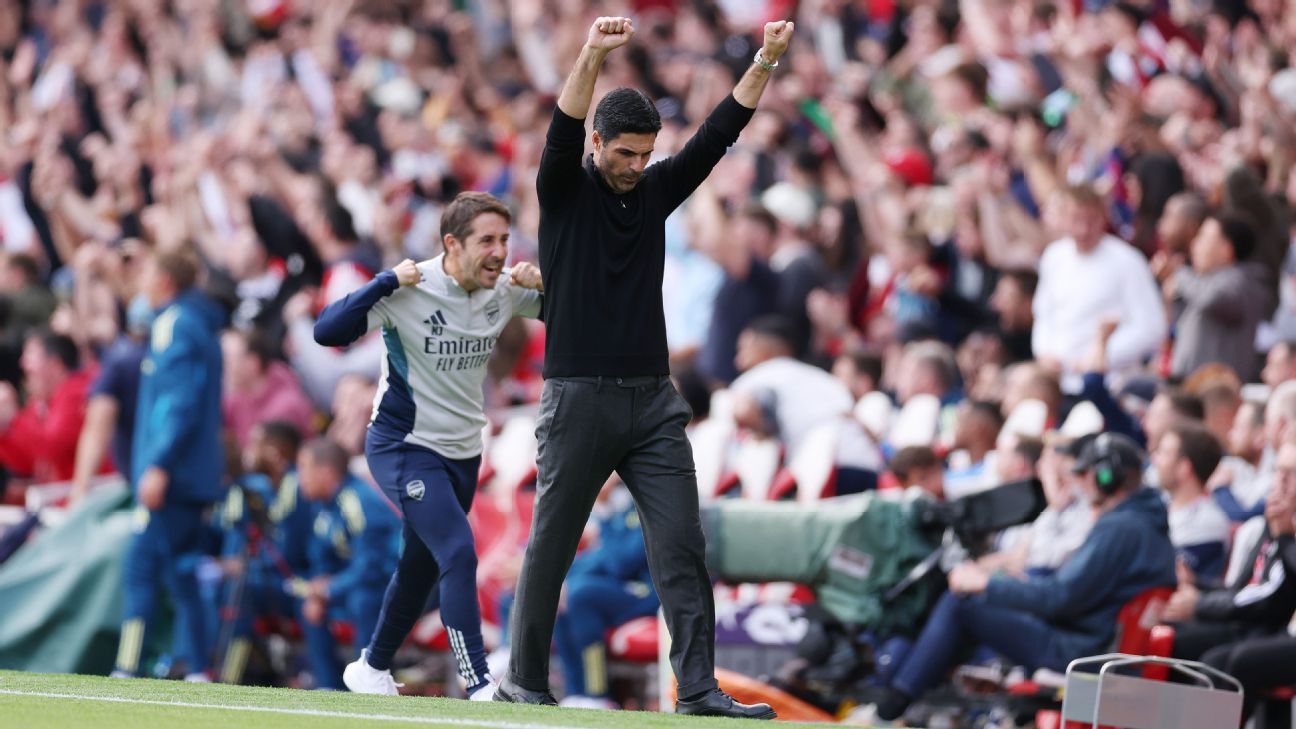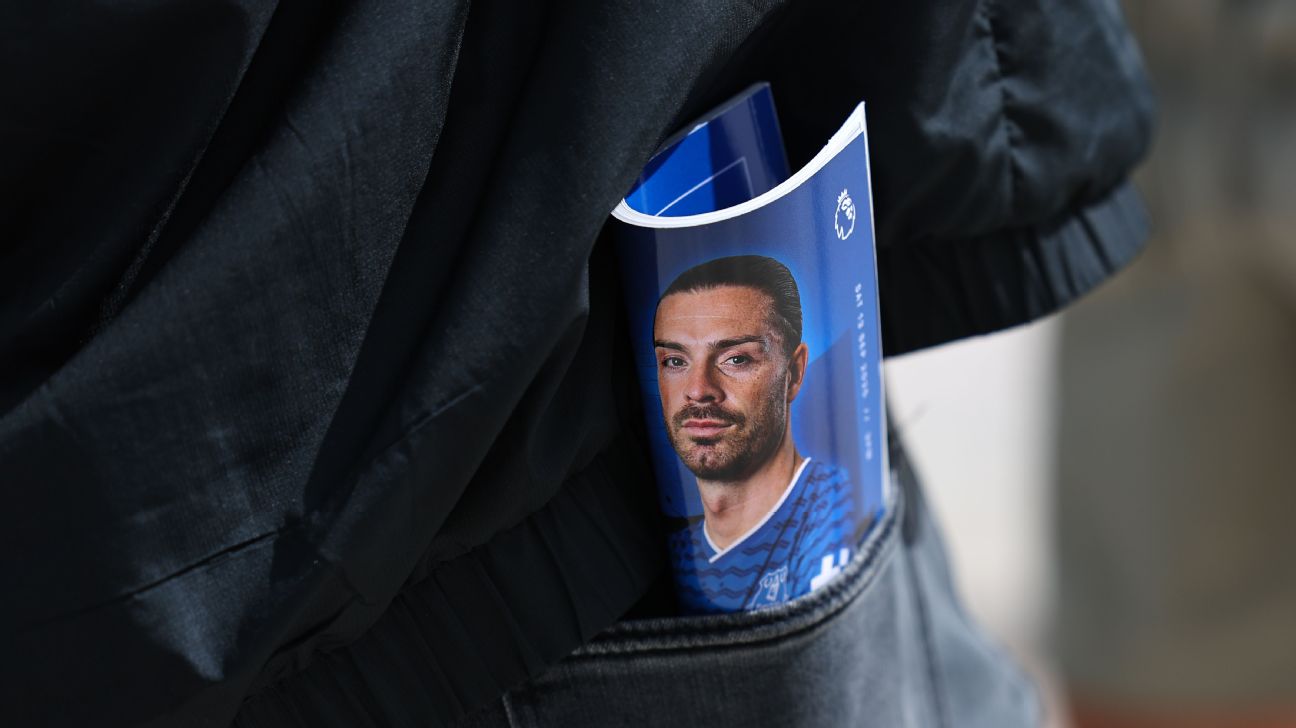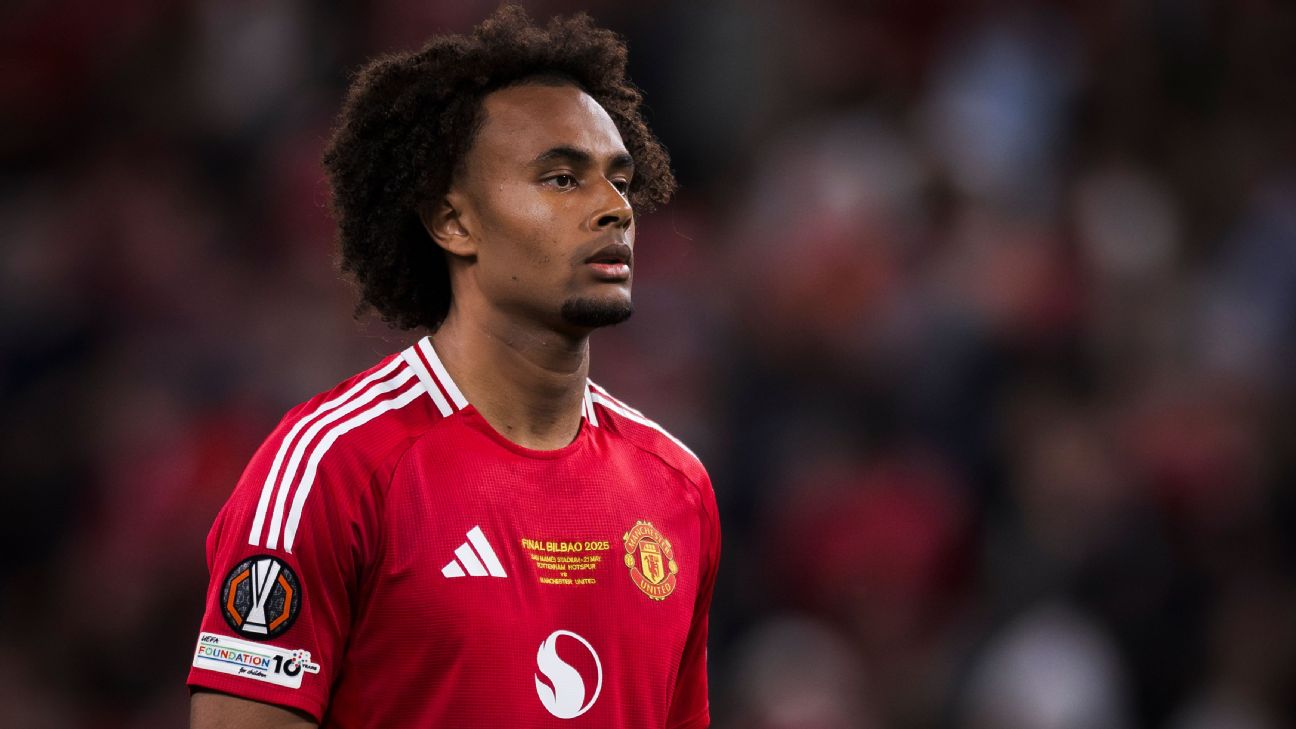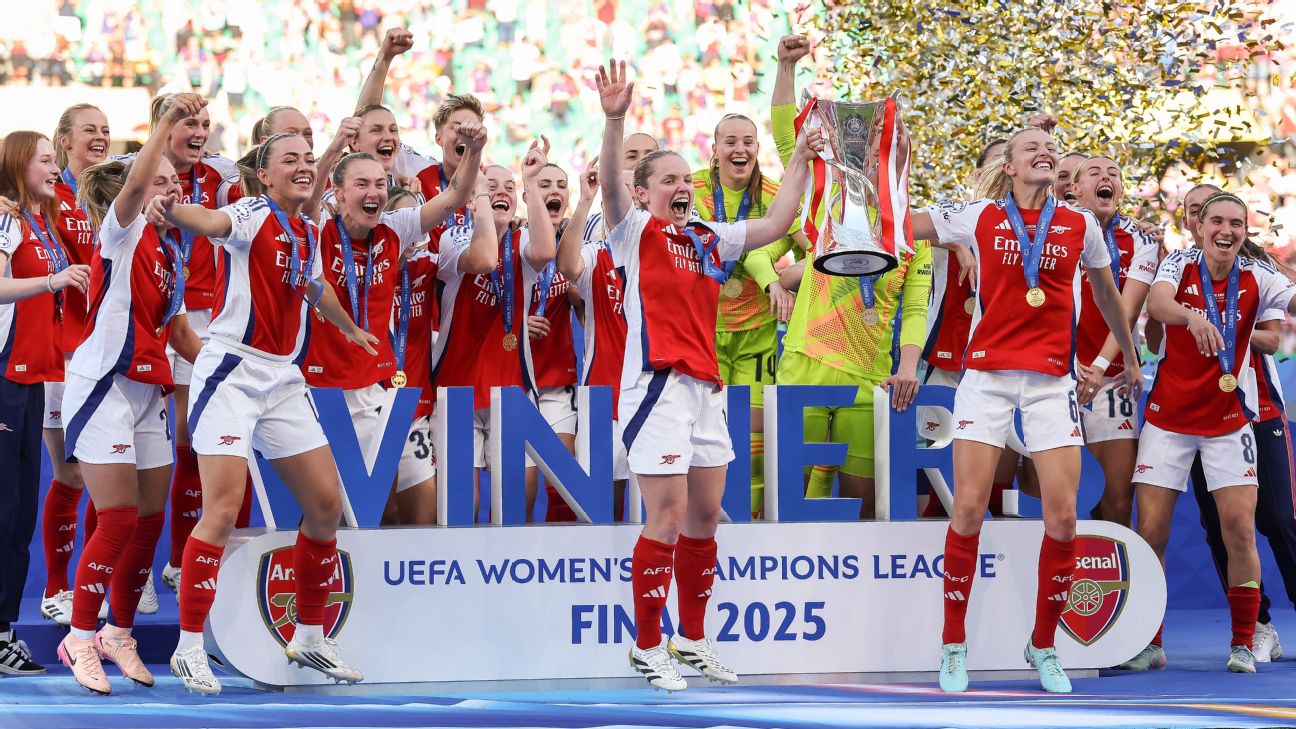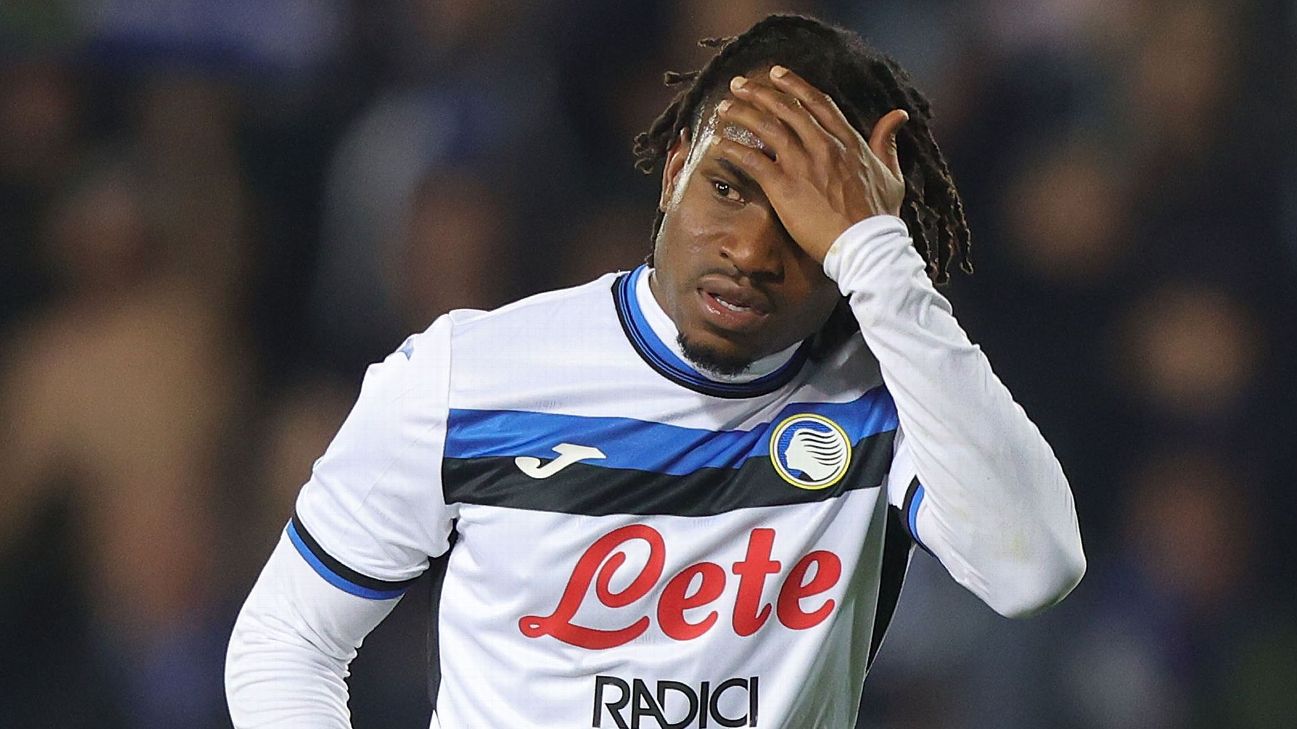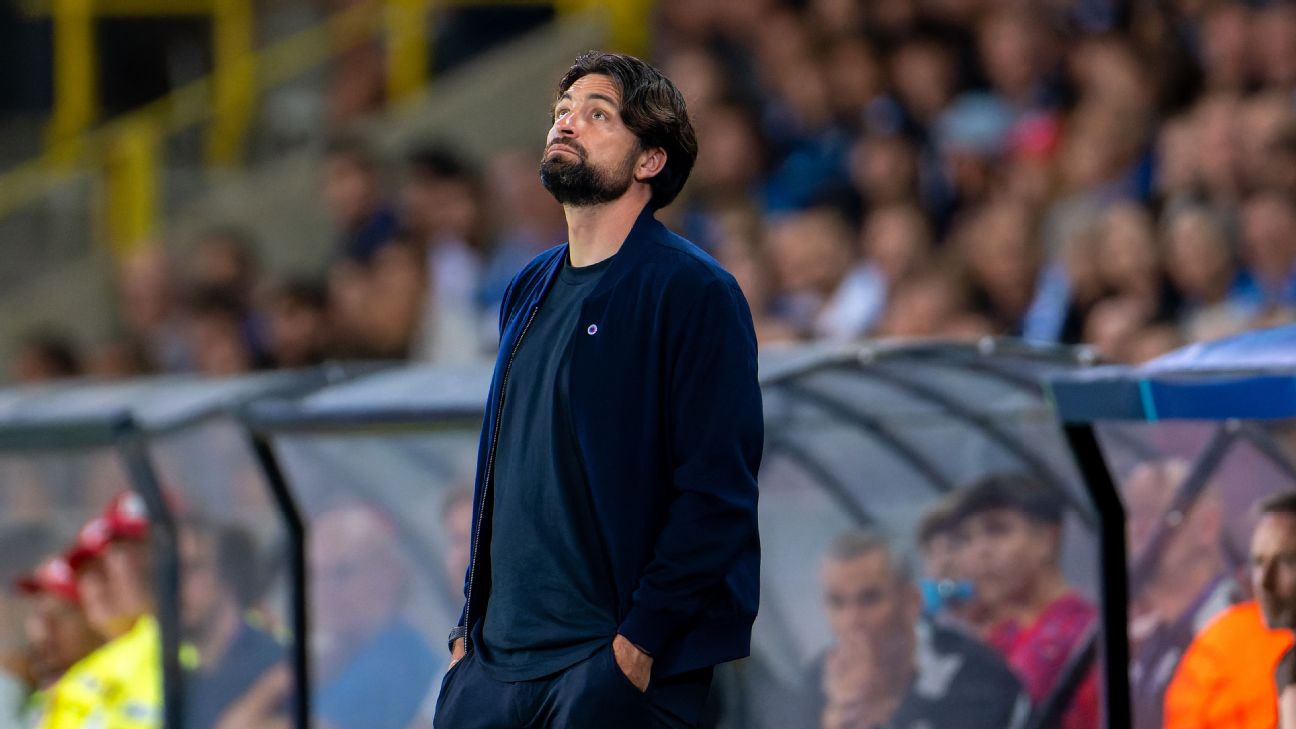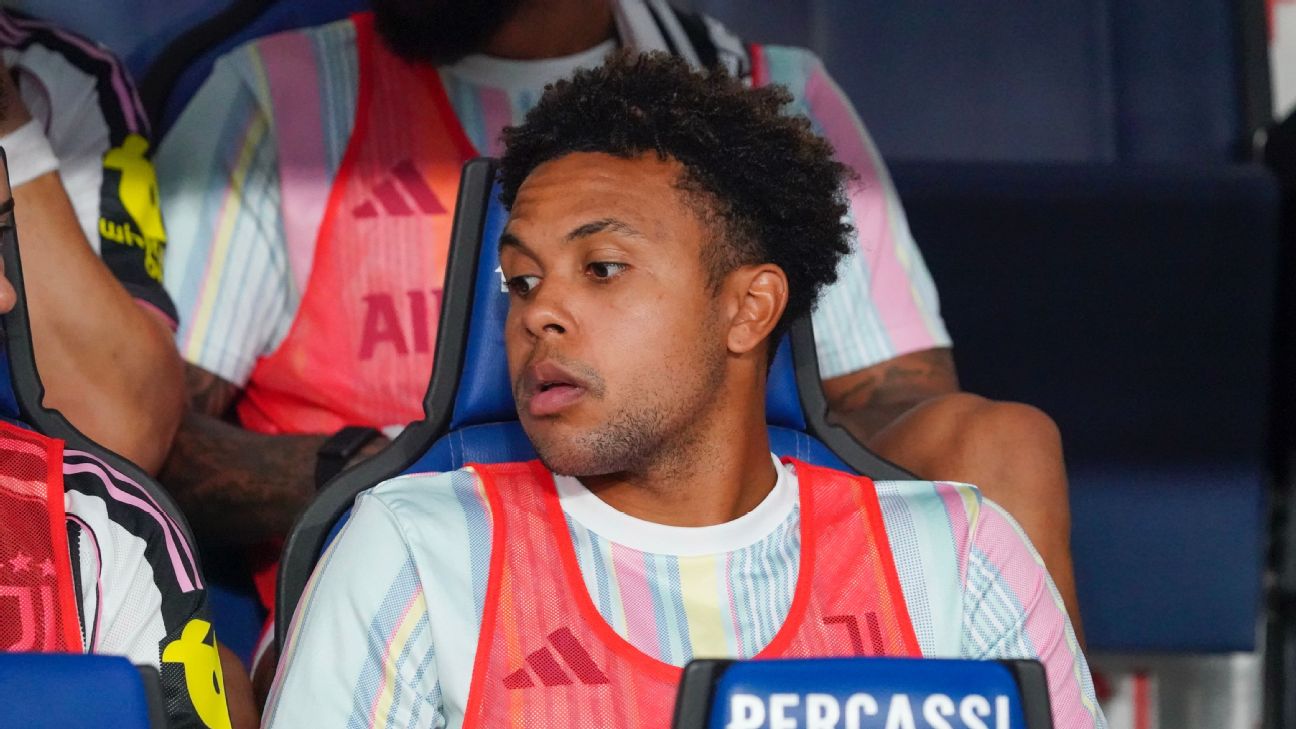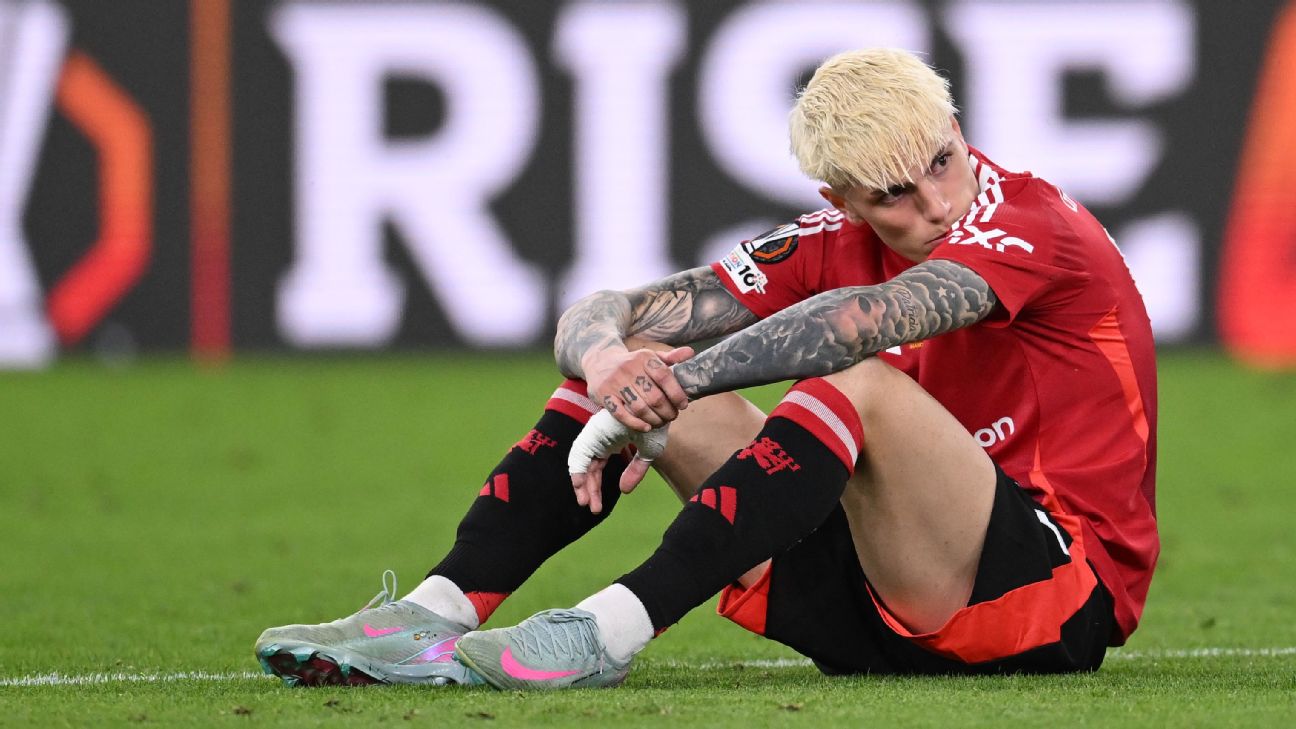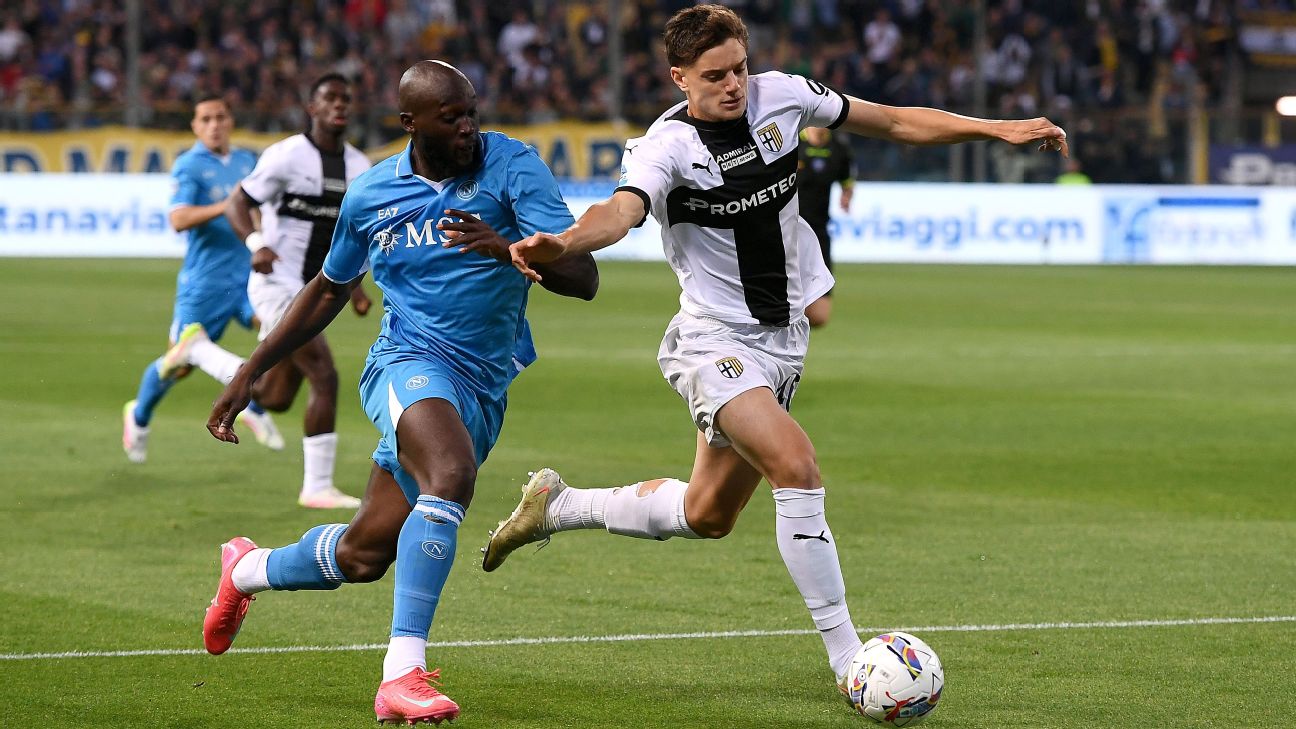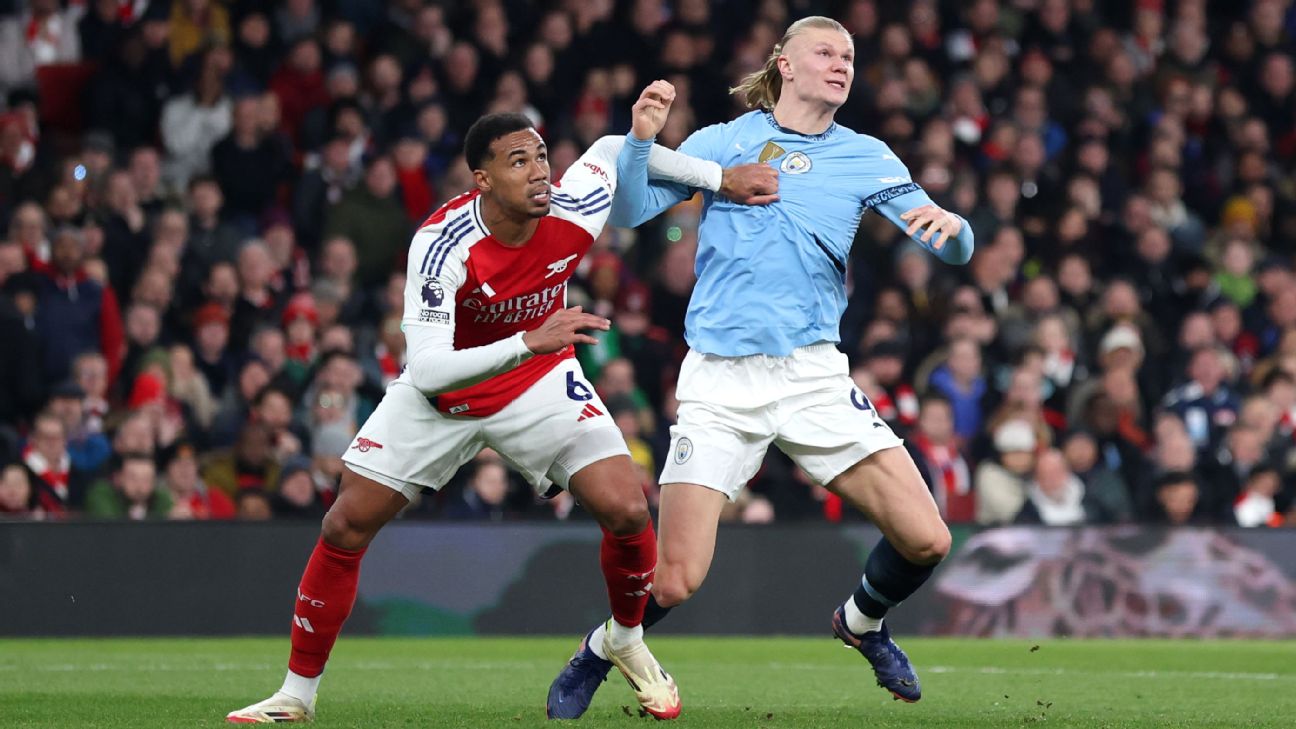Juventus in Crisis: Analyzing Thiago Motta's Exit and the Path Forward for the Bianconeri
A detailed analysis of the reasons behind Juventus' decision to sack Thiago Motta and the critical steps needed for the club's future success in Serie A and beyond.
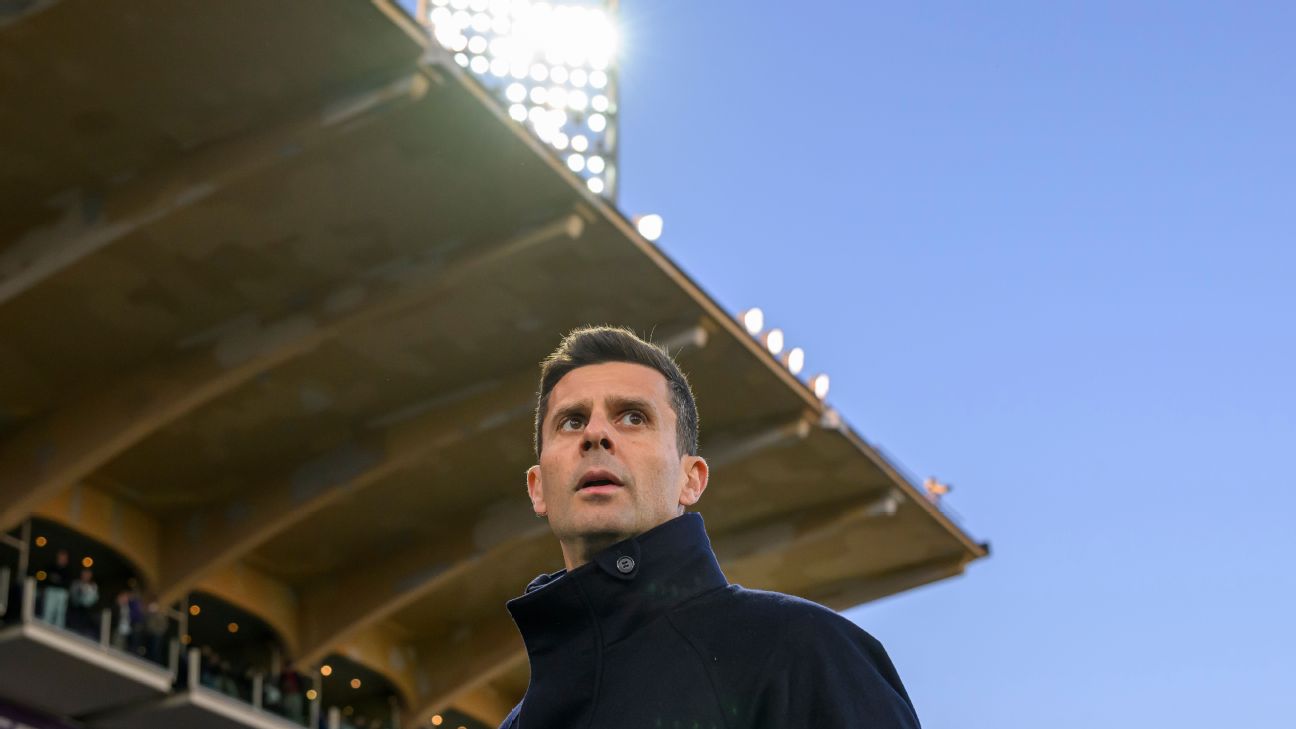
Juventus' Recent Struggles and Managerial Change
After a tumultuous period marked by early exits from both the Champions League and the Coppa Italia, Juventus has officially parted ways with manager Thiago Motta. This decision follows a series of disappointing performances and strategic missteps that have left the club struggling to maintain its stature in Italian and European football.
Key Reasons for Thiago Motta's Departure
-
Poor League Performance Juventus currently sits fifth in Serie A, barely clinging to a spot in the Champions League qualification zone. This is a significant drop for a club of Juventus' prestige, especially considering the financial and emotional investments in rebuilding the team post-Cristiano Ronaldo.
-
Early Cup Exits The team's early elimination from the Coppa Italia by relegation-threatened Empoli and a loss to PSV Eindhoven in the Champions League playoffs highlighted deep tactical and motivational issues under Motta's leadership.
-
Inconsistent Performances Juventus showed a lack of resilience and strategic clarity in key matches against direct competitors like Atalanta and Fiorentina, which were critical in sealing Motta's fate.
Strategic Missteps
- Player Management Issues: Motta's decisions on player utilization, such as underplaying high-value signings like Douglas Luiz and mishandling talents like Dusan Vlahovic, raised questions about his judgment.
- Tactical Confusion: Frequent positional changes and unclear strategies led to a disorganized team performance, alienating both players and fans.
Lessons for Juventus' Rebuild
-
Reevaluate the Sporting Director's Role: Cristiano Giuntoli’s recent transfer decisions need scrutiny to ensure future signings align with the team's long-term strategy.
-
Youth Integration: Continuing to nurture young talents from the Juventus youth setup could provide the team with much-needed vigor and cost-effective squad depth.
-
Careful Consideration of Managerial Appointments: Whether interim manager Igor Tudor or a new face takes charge, it’s crucial that the next manager aligns with Juventus’ values and long-term objectives.
Conclusion
The departure of Thiago Motta marks a critical juncture for Juventus. The club must now focus on a holistic rebuild that addresses not only immediate tactical failings but also the underlying cultural and strategic issues that have emerged in recent seasons.












